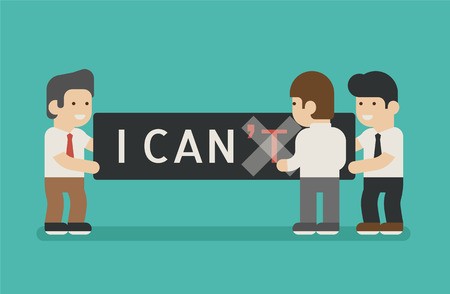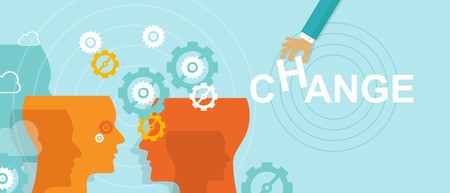The coronavirus pandemic has put all our short-term needs front and centre. Just getting through one week of virtual work meetings, grade school math lessons, and grocery shopping can be a challenge. And if you’re one of the millions, struggling with income loss or unemployment, those daily to-dos can feel even more pressing.
However, as the conversation starts shifting towards when and how to reopen the country, it’s worth taking a few moments to broaden our perspective beyond immediate concerns. As hard as this experience has been, social distancing has probably changed the way you live, work, spend, and communicate in a few positive ways as well. Some of the habits you’ve developed over the last couple of months might be worth bringing with you once we’re all out in the wider world again.
Change how you work.
Your first few virtual conference calls were probably awkward, with participants struggling to adjust audio/video equipment and talking over each other. Now that we’ve all learned the “language” of Zoom and Skype, those meetings are becoming much more productive.
Whether you’re a boss or an employee, explore how remote working arrangements could save time and create a more flexible and personal work routine. Once your company isn’t in crisis mode, integrating more virtual meetings into your communication rhythm might make your workforce feel more connected, especially if you have offices across the country or overseas.
Change how you eat.
Most of us are eating all our meals at home. Working through minimum ingredients and exploring new recipes has been an educational and entertaining way to pass time in quarantine. But it’s also been better for your health, especially if you’re not drifting in and out of the kitchen for snacks all day.
Develop a solid menu of at-home meals you can keep in rotation so that after the pandemic your family will still be spending some extra quality time together while eating quality food.

Change how you budget.
Whether you’ve economized just by staying home or made some tough cuts out of necessity, quarantine has probably had a profound impact on how you spend your money. Some folks are setting a monthly budget for the very first time. That’s a habit we hope will continue after this crisis passes. The single most significant factor in your financial plan is your spending. If you have the extra cash right now because you’re not filling up your gas tank every other day and popping into coffee shops, we recommend using those funds to top off your emergency savings accounts. We can also discuss if increasing contributions to your retirement and investment accounts might be a good move while prices are low.
Social distancing might have made you look at some of your non-essential spendings in a different light. Under normal circumstances, were you really using those social clubs and gym memberships enough to justify the expense? Are there entertainment subscriptions you’re still not really using, even during a lockdown? How much money could you save on food if you keep planning out weekly meals before grocery store runs?
Change how you live.
We’ve all experienced the coronavirus pandemic in both public and personal ways. Some of us can’t wait to jump right back into our old routines and add in a few positive habits we’ve picked up during quarantine.
But maybe working from home has made you realize that you want to keep working from home – as your own boss.
Maybe the necessity of social distancing has made you think about all those unrealized vacation dreams.
Maybe video chatting with friends and family scattered across the country has you thinking about relocating.
Maybe you’ve been asking yourself, “Before all this started, was I really using my money to live my best possible life?”
If the coronavirus pandemic has added some new transitions and destinations to your $Lifeline, the best time to start making those plans is right now. We are online and ready to talk about the changes you want to make to keep your financial plan in sync with the life you want to live.

